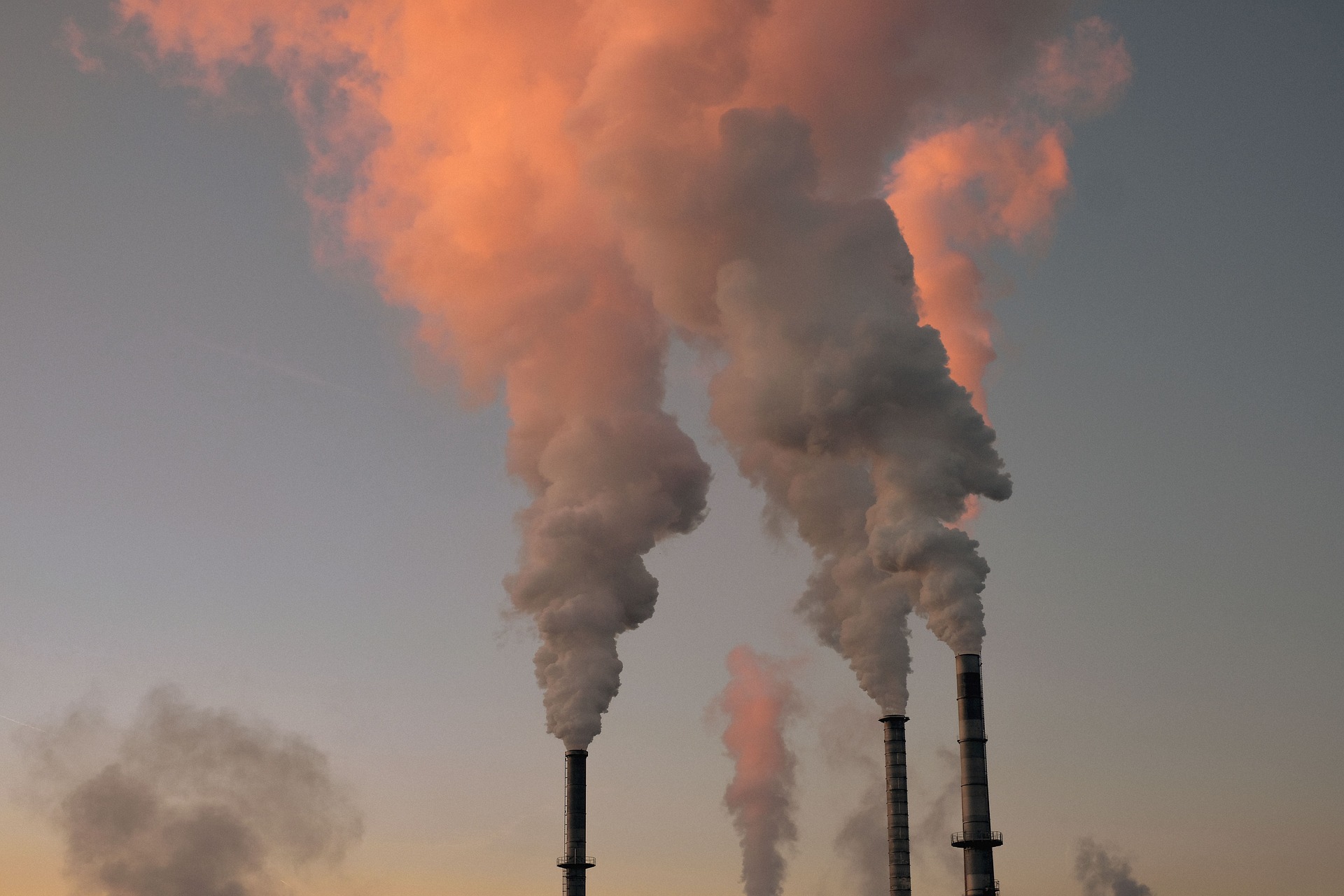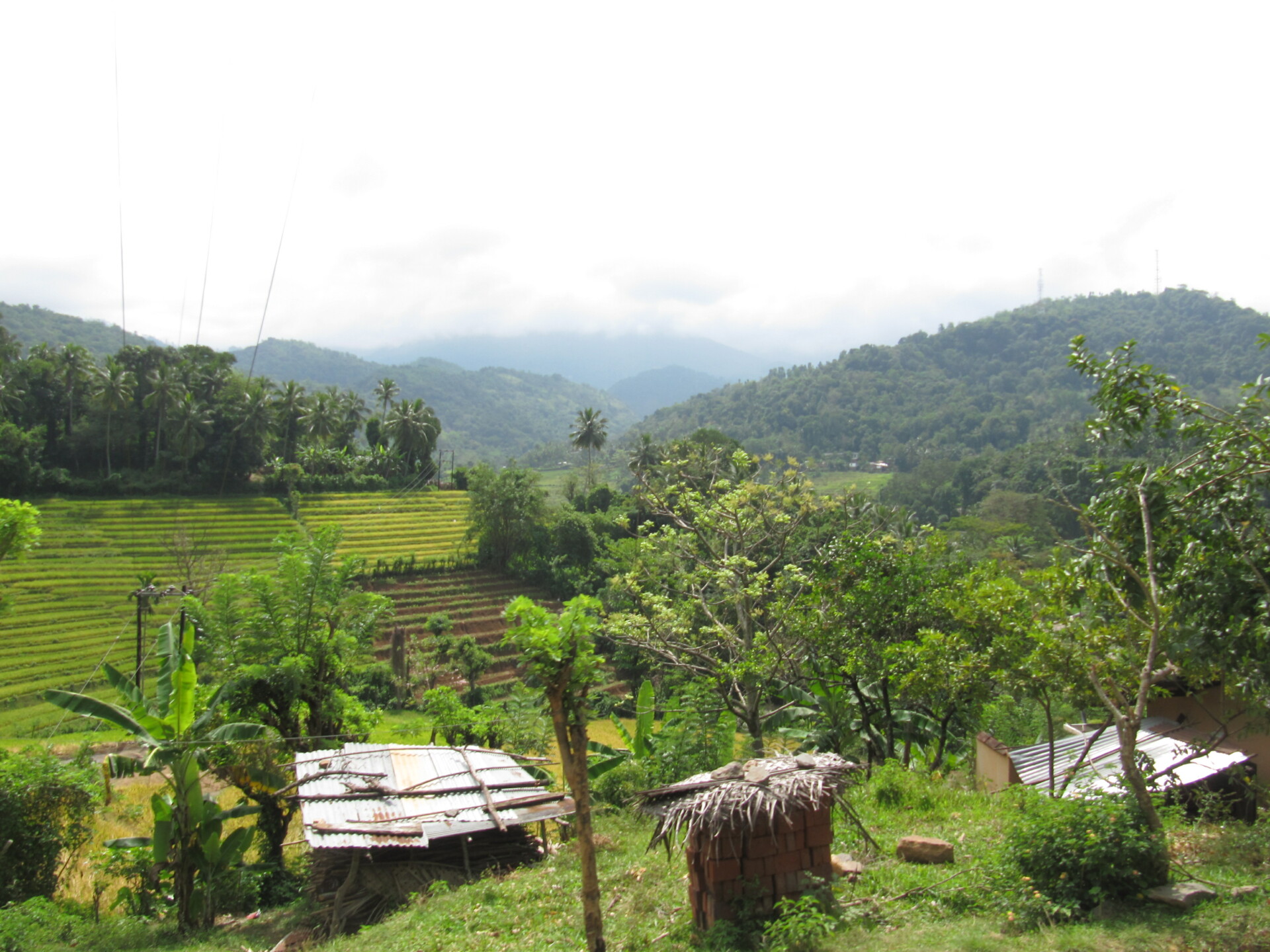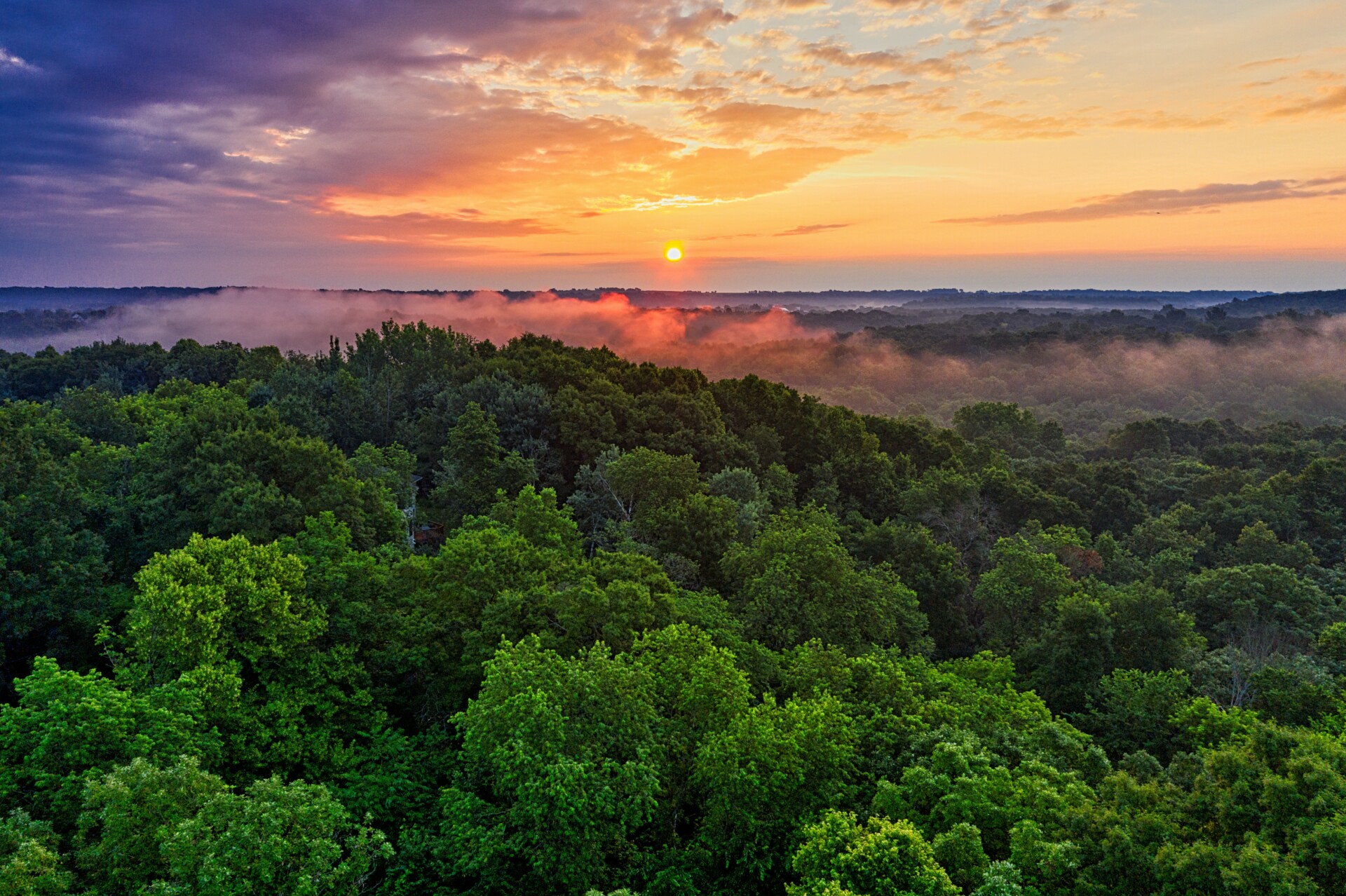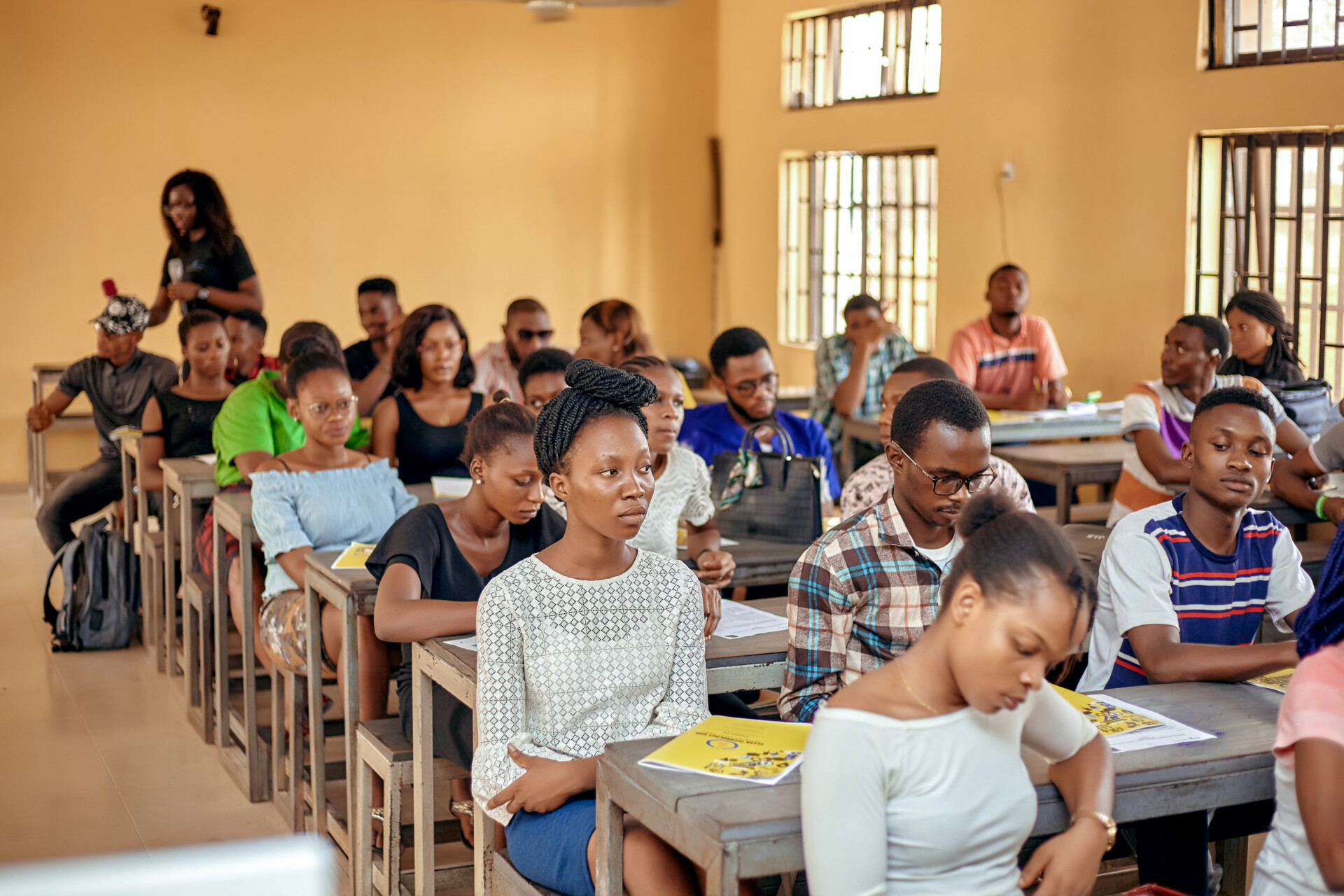Nature-Based Solutions
The all-around talent in the fight against climate change
– by Madeleine Raabe
Nature is an all-around talent. It is not only home to flora and fauna, but also a powerful solution in the fight against climate change. Nature-based solutions (NbS), such as reforestation or the rewetting of peatlands, aim to reduce and store greenhouse gas emissions, (re)create healthy ecosystems and reduce the risks of exposure to climate-change-related threats such as flooding and soil erosion.
However, the usefulness of NbS goes far beyond this: They can help to adapt to the climate-induced negative impacts on the environment and humans, and they can even help to reverse them. For dealing with the ongoing climate change it is not only important to stop emissions of climate-damaging greenhouse gases but to reverse the damage already done.
Negative emissions technologies, such as direct air capture or carbon capture and storage, promise to absorb and store carbon and other atmospheric greenhouse gases. They are considered to be crucial in the fight against climate change by removing greenhouse gases from the atmosphere. Although negative emissions technologies are becoming increasingly salient in the climate debates the technologies are mostly still in their infancy.
But apart from the fact that they are not yet mature enough for the high-scale application, capturing CO2 and manufacturing the products to do so is very energy-intensive and not to mention very costly.

Why not focus more on the low-hanging fruit then? NbS are not only cost-efficient, but if promoted properly they can lead to ecological, social, and economic benefits. Not to forget, they build up resilience. The combination of carbon sequestration and socio-economic development through NbS is essential for addressing climate mitigation and adaptation.
Enhancing sustainable agriculture, for example silvopastoral systems, and forestry solutions, such as community forestry, brings many benefits by protecting and preserving natural ecosystems while offering economic benefits for people.
Great examples of how NbS can look like can be found in Nepal, where community forestryis being promoted and protected since the late 1970s: The community forestry program is not only an effort to reduce forest degradation but also to improve the livelihood of the communities that use the Himalayan forests by giving them authority to manage forest resources. Apart from effectively reducing and storing greenhouse gas emissions and promoting healthy ecosystems, reforestation and forest conservation helps to reduce floods and landslides that become more frequent in the face of climate change.
The focus on community engagement recognizes and strengthens the interdependence between forests, livelihoods, and the well-being of the population. Also, communities benefit economically from the forest products. The effectiveness of community forestry in providing products that generate income and employment at the community level has been documented in many different studies. Equally important are the watershed protection benefits of community forestry. For instance, in Nepal, healthy watersheds are of explicit importance for scaling up the potential use of micro-hydro power for energy access in rural off-grid communities.

WISIONS now launches the Innovation Lab in Nepal, in close cooperation with our Nepalese partners. Together, we envision the widespread utilization of sustainable energy solutions in combination with NbS, such as community forestry, where we can profit from the country’s success in that field.
Our aim is to achieve socio-economic development and support sustainable rural livelihoods by focusing on the energy – NbS nexus, so that rural communities can generate increased income, employment opportunities are created, and food security can be provided while preserving ecosystems and storing greenhouse gas emissions. Taking all of these aspects together, we want to achieve improved rural livelihoods and reduce the pressure on rural people to migrate elsewhere.
We will constantly keep you posted about the activities within the Innovation Lab and how NbS are integrated!



